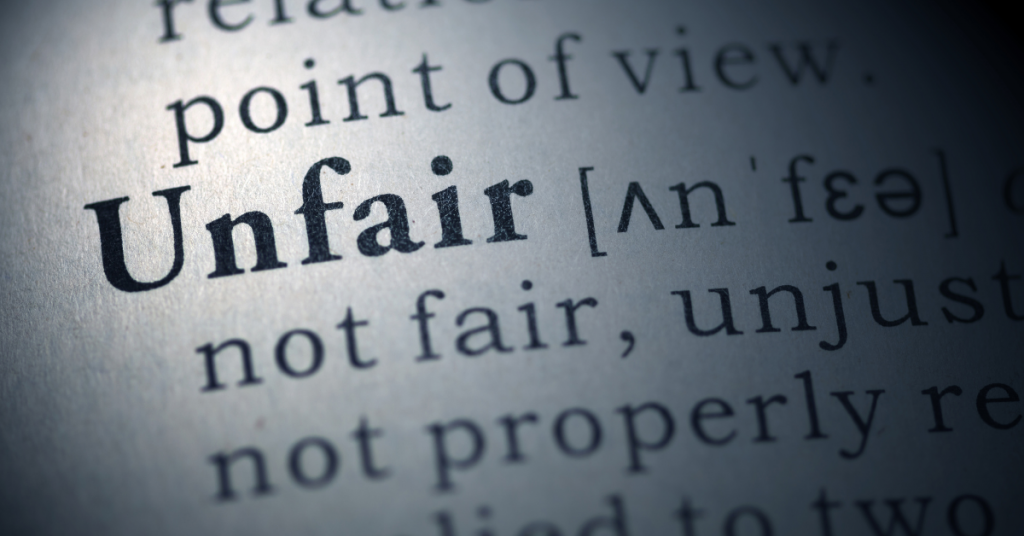
Recognise When a Dismissal Is Unfair
An unfair dismissal occurs when an employer ends a contract for reasons that break labour laws or fail to follow a fair process. You may notice no valid reason was given or that your employer did not follow the steps set out in your contract or by legislation. Understanding the basics helps you decide if you have a case. It also lets you explain your situation clearly when you speak to an adviser or file a claim.
Collect All Relevant Documents
Gather every piece of paper or email that relates to your employment and dismissal. This includes your contract, payslips, performance reviews, and any correspondence about warnings or meetings. Keep notes of dates, times, and topics covered in discussions with your manager or HR. A clear file of documents will help you and any adviser see what happened and establish the facts without guesswork.
Reflect on the Timeline of Events
Write a short summary of key moments from when issues first arose to the date you were dismissed. Record dates of performance discussions, warning letters, any changes in duties, and the meeting in which you were told your job was ending. A simple, dated timeline can show if proper procedures were skipped or rushed. This makes it easier to highlight specific steps that may have breached rules or your contract.
Seek Guidance from Labour Lawyers
Once you have your facts and documents in order, get professional advice. A qualified labour lawyers expert can explain how the law applies to your case. They will review your timeline and paperwork, point out any legal gaps, and advise on the strength of your claim. This support helps you avoid missteps and prepares you to make informed choices about next steps.
Find Labour Lawyers Near Me
Choosing a local specialist can speed up the process. Searching for labour lawyers near me connects you with advisers who know local tribunals, filing rules, and typical timelines. They will guide you on practical matters like where to submit documents and how hearings usually run. Local advisers also tend to have contacts at the relevant offices, which can help keep your case moving.
Understand the Role of Workplace Lawyers Near Me
If your situation involves complex issues such as discrimination or contract interpretation, you may need broader support. A workplace lawyers near me expert can assist with negotiations or represent you at any formal hearing. They will prepare your statements, question witnesses, and argue your position. Having an adviser present can ease stress and ensure your case is heard in the best possible way.
Consider Informal Resolution Options
Before filing a formal claim, explore whether your employer will agree to a meeting or mediation. Some workplaces offer an internal appeal or mediation service that reviews dismissals. A short discussion or facilitated meeting can resolve misunderstandings and may restore your position or yield a fair settlement. If you choose this path, let your legal adviser prepare you and set clear goals for what you hope to achieve.
Prepare Your Formal Claim
If informal talks do not work, your next step is to prepare a formal complaint or claim. Your adviser will help you fill in required forms accurately and attach the documents you collected. The claim should explain why the dismissal was unfair and include key dates and evidence. A clear, concise claim sets out your case in a way tribunal members can follow without extra queries.
Meet Deadlines and Time Limits
Employment tribunals enforce strict time limits for unfair dismissal claims. In many areas, you have only a few weeks from the dismissal date to file. Missing this deadline usually means you lose the right to bring your case. Your adviser will confirm the exact deadline, submit your claim in time, and remind you of any next steps, such as confirmation of a hearing date.
Keep Records and Plan Ahead
After you file a claim, maintain clear records of all communications about your case. Save emails, letters, and notes of any phone calls. Track dates when you send or receive documents and when hearings are set. This ongoing log helps you manage your case and makes it easier to respond quickly if the tribunal or your adviser needs more detail. With good records and the right support, you can focus on achieving a fair outcome.